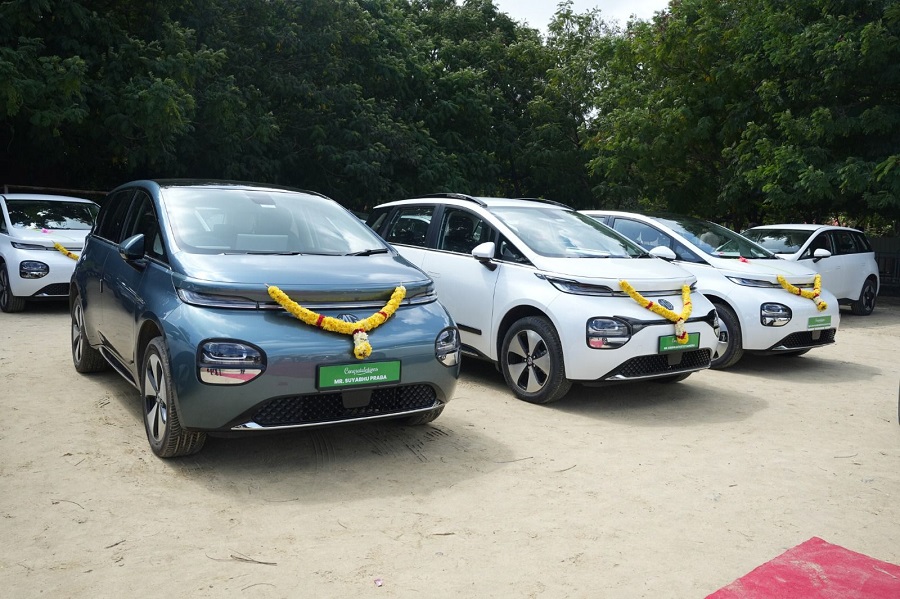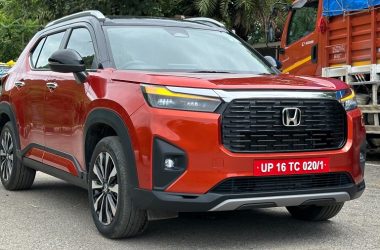Delhi – In a decisive push towards a greener future, the Indian Government has unveiled a series of initiatives and policies aimed at accelerating the adoption of Electric Vehicles (EVs) and reducing reliance on fossil fuels. These measures, covering everything from emission standards to financial incentives, reflect a comprehensive approach to sustainable mobility.
Emission Standards and Eco-Friendly Fuels
To foster the development of motor vehicles powered by alternative energy sources, the government has notified emission standards for various fuels, including ethanol-blended gasoline, flex-fuel, biodiesel, bio-CNG, LNG, methanol-blended gasoline, and hydrogen. These steps are crucial in paving the way for a cleaner transport ecosystem.
Key Initiatives to Boost Electric Vehicle Adoption
The government has issued multiple notifications and advisories to support EV adoption:
- Permit Exemptions: EVs, as well as vehicles running on ethanol and methanol, are now exempt from permit requirements (Notification S.O. 5333(E), 2018).
- Fee Waivers: Registration and renewal fees for battery-operated vehicles have been waived (Notification GSR 525(E), 2021).
- Distinctive Registration Plates: EVs sport yellow-on-green or white-on-green plates, distinguishing them for easier identification (Notification GSR 749(E), 2018).
- Pan-India Tourist Permits: Battery-operated vehicles can obtain all-India permits without fee payments (Notification GSR 302(E), 2023).
- Retrofitment Support: Standards for retrofitting hybrid or electric kits in vehicles were introduced in 2019.
- State-Level Incentives: Advisories encourage states to promote EVs in shared mobility and public transport systems.
Strategic Government Schemes for EV Growth
The government has launched several landmark schemes, including:
- FAME India Scheme (Faster Adoption and Manufacturing of Hybrid and Electric Vehicles): Phase II, operational since 2019, allocated ₹11,500 crore to promote electric and hybrid vehicles.
- Production Linked Incentive (PLI) Scheme: With a budget of ₹25,938 crore, this initiative provides up to 18% incentives for EV manufacturers.
- National Programme on Advanced Chemistry Cells (ACC) Battery Storage: ₹18,100 crore allocated to bolster local battery production.
- SMEC (Scheme to Promote Manufacturing of Electric Passenger Cars in India): Launched in March 2024, it aims to position India as a global EV manufacturing hub.
- PM E-DRIVE Scheme: Announced in September 2024 with an outlay of ₹10,900 crore, this initiative integrates earlier schemes under a unified EV mobility promotion framework.
- PM-e Bus Sewa Scheme: Introduced in October 2024, it includes a ₹3,435 crore fund to secure payments for electric bus procurement and operations.
A National Vision for Green Mobility
Union Minister of Road Transport & Highways, Nitin Gadkari, shared these updates in a written reply in Lok Sabha, emphasizing the government’s commitment to achieving sustainability goals. These measures aim to position India as a leader in EV technology and manufacturing, while also contributing to global efforts against climate change.
With these robust policies, the government is not just promoting EVs but driving a broader transformation towards an eco-friendly and energy-secure India.
According to data from the VAHAN centralized database for Registration Certificates (RC), the registration details of Electric Vehicles (EVs) in India are as follows, categorized by type: two-wheelers, four-wheelers, goods transport vehicles, and passenger vehicles-
| Electric vehicle registered in India category wise till 25-11-2024 | ||
| Sr. No. | Vehicle category | Total |
| 1. | Two Wheeler | 28,21,756 |
| 2. | Three Wheeler | 21,76,875 |
| 3. | Four Wheeler | 2,56,520 |
| 4. | Goods Vehicles | 11,765 |
| 5. | Public Service Vehicle | 10,236 |
| Total | 52,77,152 | |





